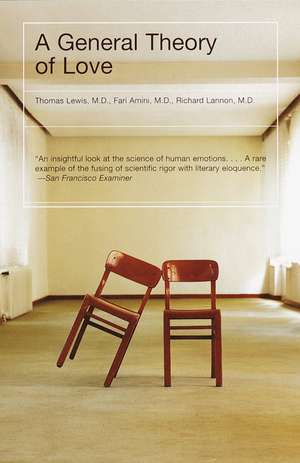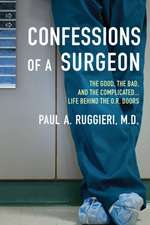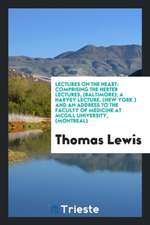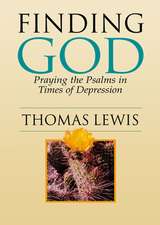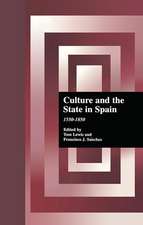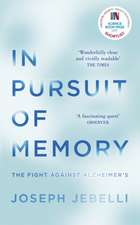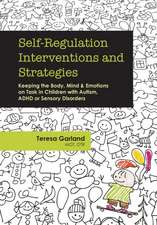A General Theory of Love
Autor Thomas Lewis, Fari Amini, Richard Lannonen Limba Engleză Paperback – 31 dec 2000
Drawing comparisons to the most eloquent science writing of our day, three eminent psychiatrists tackle the difficult task of reconciling what artists and thinkers have known for thousands of years about the human heart with what has only recently been learned about the primitive functions of the human brain. The result is an original, lucid, at times moving account of the complexities of love and its essential role in human well-being.
A General Theory of Love draws on the latest scientific research to demonstrate that our nervous systems are not self-contained: from earliest childhood, our brains actually link with those of the people close to us, in a silent rhythm that alters the very structure of our brains, establishes life-long emotional patterns, and makes us, in large part, who we are. Explaining how relationships function, how parents shape their child’s developing self, how psychotherapy really works, and how our society dangerously flouts essential emotional laws, this is a work of rare passion and eloquence that will forever change the way you think about human intimacy.
Preț: 97.52 lei
Nou
18.66€ • 19.44$ • 15.45£
Carte disponibilă
Livrare economică 13-27 martie
Livrare express 27 februarie-05 martie pentru 26.41 lei
Specificații
ISBN-10: 0375709223
Pagini: 288
Ilustrații: 50 ILLUSTRATIONS
Dimensiuni: 135 x 217 x 15 mm
Greutate: 0.27 kg
Editura: Vintage Books USA
Recenzii
Notă biografică
Extras
Answering these questions, laying bare the heart's deepest secrets, is this book's aim. Since the dawn of our species, human beings in every time and place have contended with an unruly emotional core that behaves in unpredicted and confusing ways. Science has been unable to help them. The Western world's first physician, Hippocrates, proposed in 450 B.C. that emotions emanate from the brain. He was right-but for the next twenty-five hundred years, medicine could offer nothing further about the details of emotional life. Matters of the heart were matters only for the arts-literature, song, poetry, painting, sculpture, dance. Until now.
The past decade has seen an explosion of scientific discoveries about the brain, the leading edge of a revolution that promises to change the way we think about ourselves, our relationships, our children, and our society. Science can at last turn its penetrating gaze on humanity's oldest questions. Its revelations stand poised to shatter more than a few modern assumptions about the inner workings of love.
Traditional versions of the mind hold that Passion is a troublesome remnant from humanity's savage past, and the intellectual subjugation of emotion is civilization's triumph. Logical but dubious derivations follow: emotional maturity is synonymous with emotional restraint. Schools can teach children missing emotional skills just as they impart the facts of geometry or history. To feel better, outthink your stubborn and recalcitrant heart. So says convention.
In this book, we demonstrate that where intellect and emotion clash, the heart often has the greater wisdom. In a pleasing turnabout, science-Reason's right hand-is proving this so. The brain's ancient emotional architecture is not a bothersome animal encumbrance. Instead, it is nothing less than the key to our lives. We live immersed in unseen forces and silent messages that shape our destinies. As individuals and as a culture, our chance for happiness depends on our ability to decipher a hidden world that revolves-invisibly, improbably, inexorably-around love.
From birth to death, love is not just the focus of human experience but also the life force of the mind, determining our moods, stabilizing our bodily rhythms, and changing the structure of our brains. The body's physiology ensures that relationships determine and fix our identities. Love makes us who we are, and who we can become. In these pages, we explain how and why this is so.
During the long centuries when science slumbered, humanity relied on the arts to chronicle the heart's mysterious ways. That accumulated wisdom is not to be disdained. This book, while traveling deep into the realm of science, keeps close at hand the humanism that renders such a journey meaningful. The thoughts of researchers and empiricists join those of poets, philosophers, and kings. Their respective starting points may be disparate in space, time, and temperament, but the voices in this volume rise and converge toward a common goal.
Every book, if it is anything at all, is an argument: an articulate arrow of words, fledged and notched and newly anointed with sharpened stone, speeding through paragraphs to its shimmering target. This book-as it elucidates the shaping power of parental devotion, the biological reality of romance, the healing force of communal connection-argues for love. Turn the page, and the arrow is loosed. The heart it seeks is your own.
From the Hardcover edition.
Descriere
Three eminent psychiatrists draw upon the latest research of the human nervous system in this account of the complexities of love and its essential role in human well-being, explaining how relationships function, how parents shape their child's developing self, and how society flouts essential emotional laws. Illustrations.
